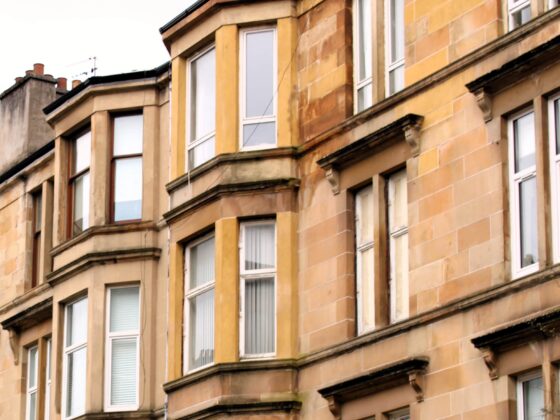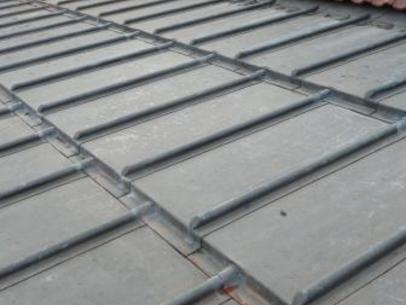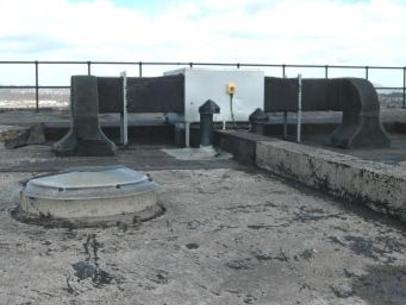If you are suffering from noise caused by the everyday living activities of your neighbours, there are a number of things you can do to improve sound insulation. Noise caused by antisocial behaviour can be dealt with in other ways.
Why do noise problems occur?
Problems may arise from:
- poor construction when the flats were first built
- inadequate repairs which leave gaps or remove existing sound insulation
- use of sanded floors or laminate floors
- conversions or renovations which put ‘noisy’ areas, such as living rooms, kitchens, or stairs, next to, or above, ‘quiet’ rooms, like bedrooms
- breakdown of insulating quilt material which was used in newer, post-war buildings to muffle noise
- services such as lifts, service pipes, or chimneys running next to living areas
Is it antisocial noise?
If noise is caused by behaviour which could be considered abnormal, then refer to the article on antisocial behaviour. If the noise is from normal day to day living activities, then you need to consider physical solutions.
Types of noise
There are two types of noise:
- airborne sound – noise from people talking, radios, TVs, speakers, etc.
- impact sound – from footsteps or items banging on floors and walls
Both types of noise will travel through walls and floors. ‘Flanking noise’ is caused when airborne or impact noise travels through to adjacent flats via a thin wall or part of the structure. You need to check what type of noise problem you are suffering from to find the right solution.
Physical solutions
Floors and ceilings
Some solutions involve raising floors or lowering ceilings. This is more easily achieved in older flats that have higher ceilings, but you may lose period cornicing or have to replace skirtings.
Floors can be made more effective against noise by:
- upgrading deafening material under floorboards
- filling gaps at edges
- repairing floors
- adding more layers to increase mass
- installing ‘platform’ or ‘floating’ floors
Ceilings can be made more effective against noise by:
- filling gaps at edges
- adding additional layers of plasterboard to the ceiling
- installing secondary independent ceilings
Internal walls
Internal walls can be made more effective by adding further layers of board, usually with insulation, and ideally isolated from the wall.
Services
Noise from services, such as drainage pipes, can also be a nuisance.
If noise is still a problem after you’ve tried the simpler and cheaper solutions, take advice from a surveyor, architect or acoustic engineer to find the most effective and best value solution for your situation. If you live in a listed building, check whether you need listed building consent for this work.
Further information





